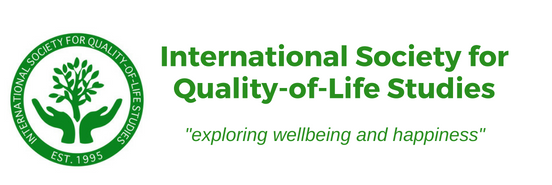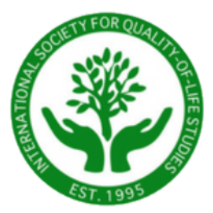|
"I learned that happiness is an ongoing process of fresh challenges, and that even when everything is in place it takes the right attitudes and activities to continue to be happy." | About the LectureThe Edward F. Diener Lecture Fund was established to honor the legacy of Professor Edward F. Diener, one of ISQOLS’ most distinguished presidents and a pioneer in the scientific study of subjective well-being. The fund permanently endows a series of keynote lectures on “advances in subjective quality of life theory and research” to be delivered at ISQOLS international conferences. Lecturers for this series are selected from leading scholars worldwide, across the many disciplines that contribute to quality-of-life research. This named lecture reflects both the profound impact of Ed Diener’s scholarship and ISQOLS’ enduring commitment to advancing the science and practice of human well-being. About Edward F. DienerProfessor Edward F. Diener (1946–2021) was the Joseph R. Smiley Distinguished Professor of Psychology, Emeritus, at the University of Illinois. Widely known as “Dr. Happiness,” he shaped the field of subjective well-being through groundbreaking theories, innovative measurement tools, and decades of influential research.
Ed Diener’s research showed that happiness is not only a valuable pursuit in itself, but also a predictor of health, productivity, and social connection. His influence transformed subjective well-being into a cornerstone of modern psychology and quality-of-life research. LegacyEd Diener’s scholarship laid the foundation for much of ISQOLS’ ongoing work. His insights bridged psychology with sociology, economics, philosophy, and public policy—helping to build an interdisciplinary community dedicated to understanding and improving human well-being. As noted in his obituary published in the Journal of Happiness Studies (May 2021):
His passing in 2021 was an immeasurable loss to the field, but his ideas continue to guide scholars, policymakers, and practitioners worldwide. Support the Lecture FundYour contribution helps sustain this endowed lecture series in honor of Ed Diener and ensures that future generations of scholars will continue to explore advances in subjective quality of life theory and research. ➡️ Please make your contribution using the donation form below. Together, we can carry forward Ed Diener’s legacy of scholarship, inspiration, and commitment to improving quality of life worldwide. |


